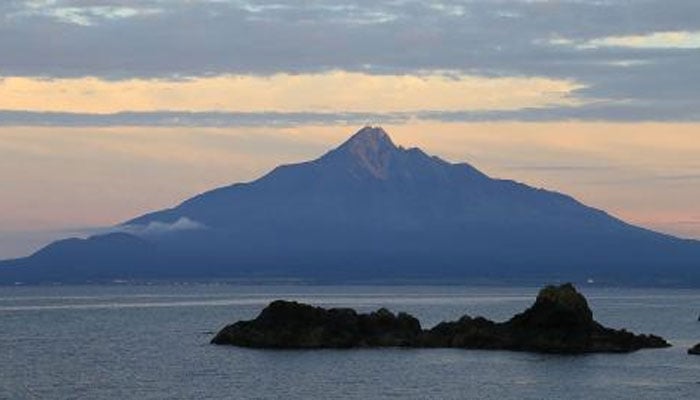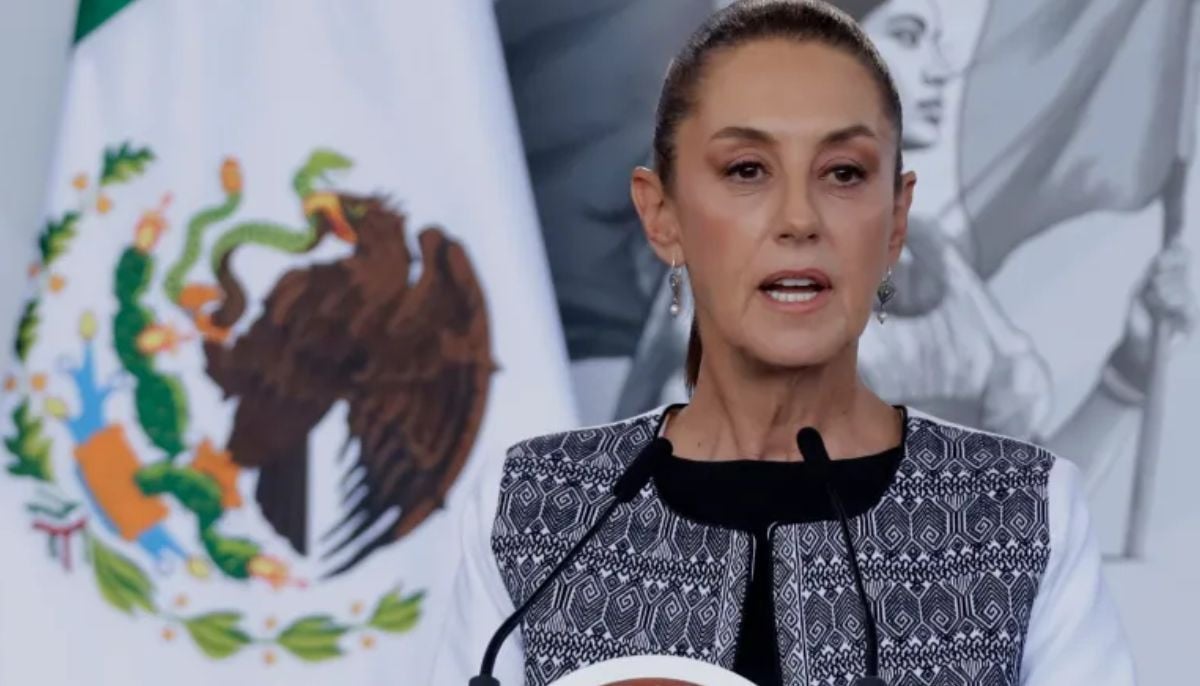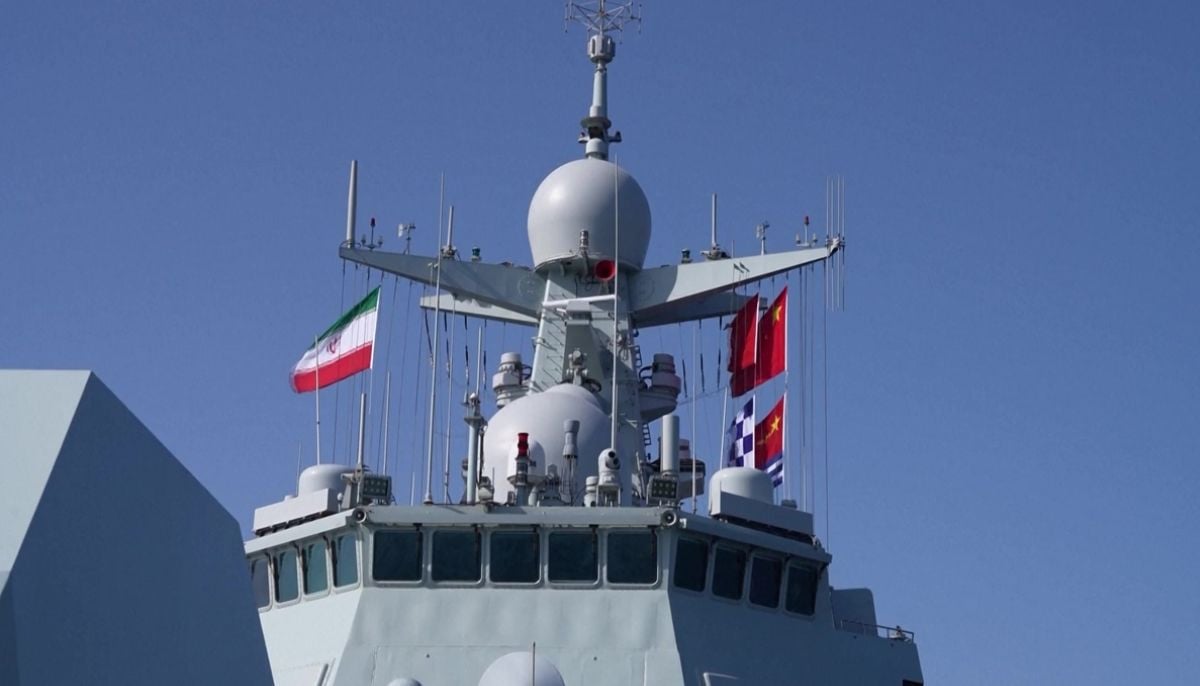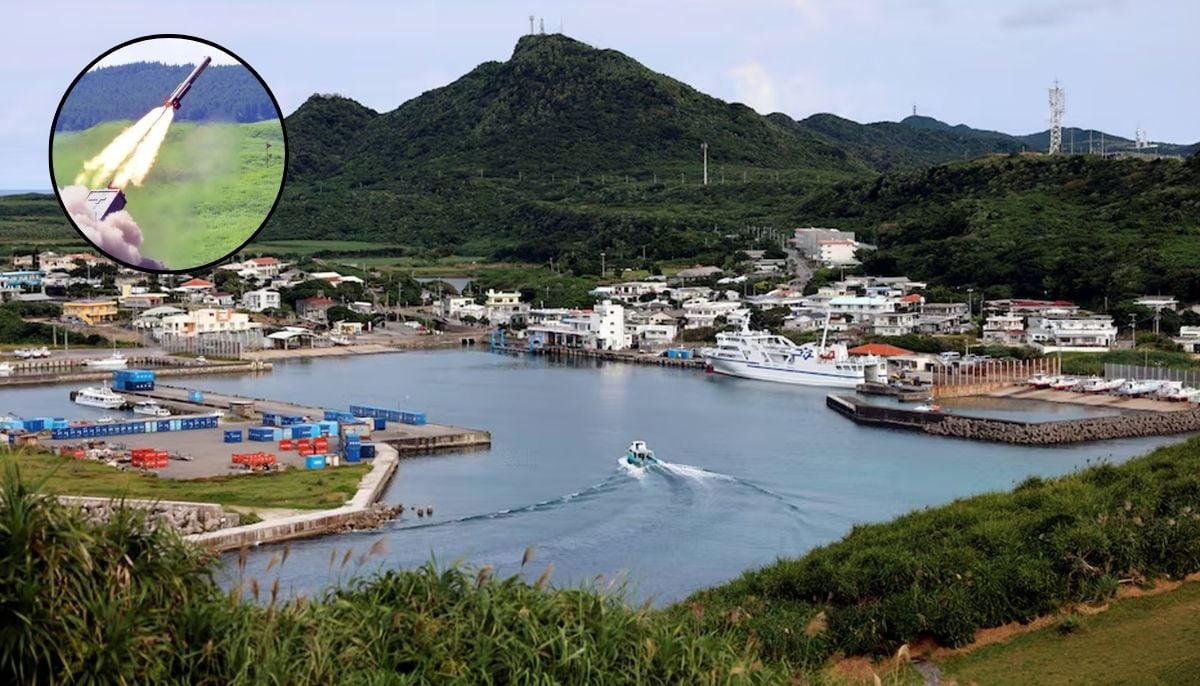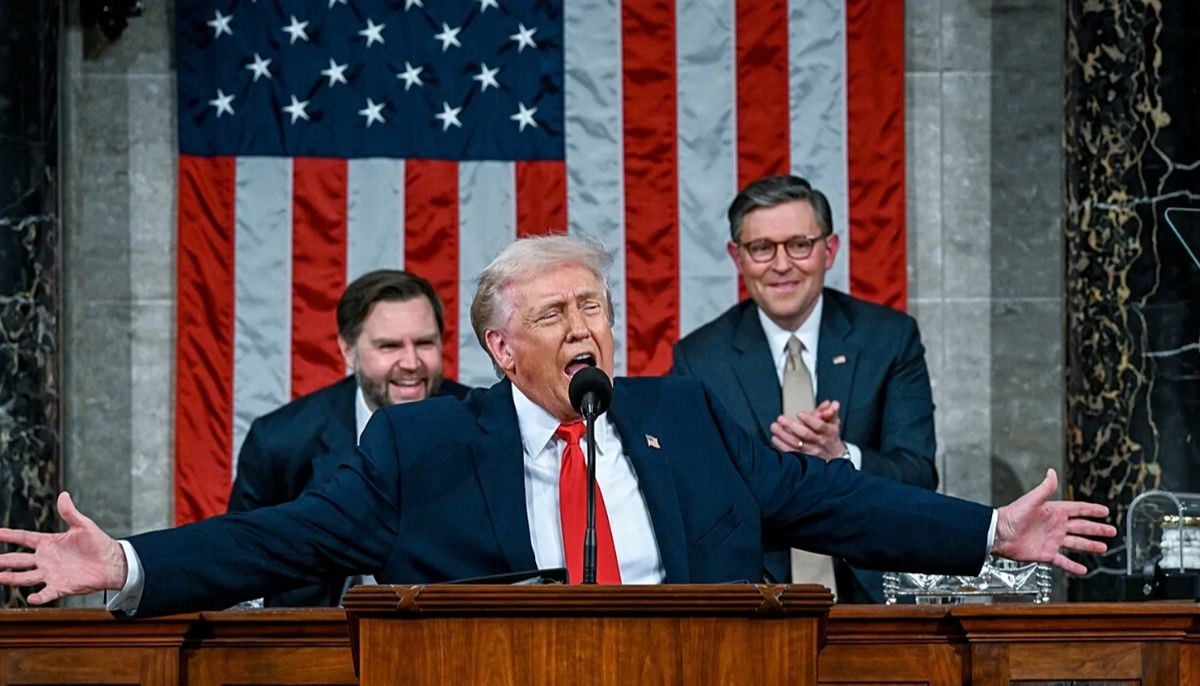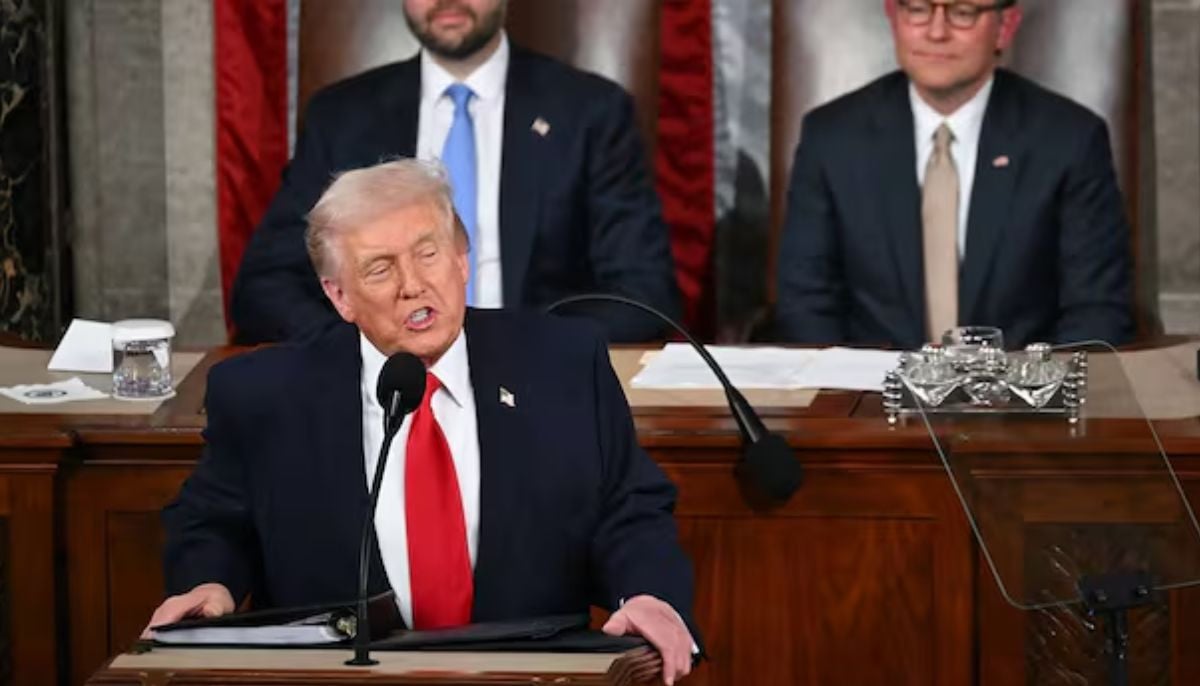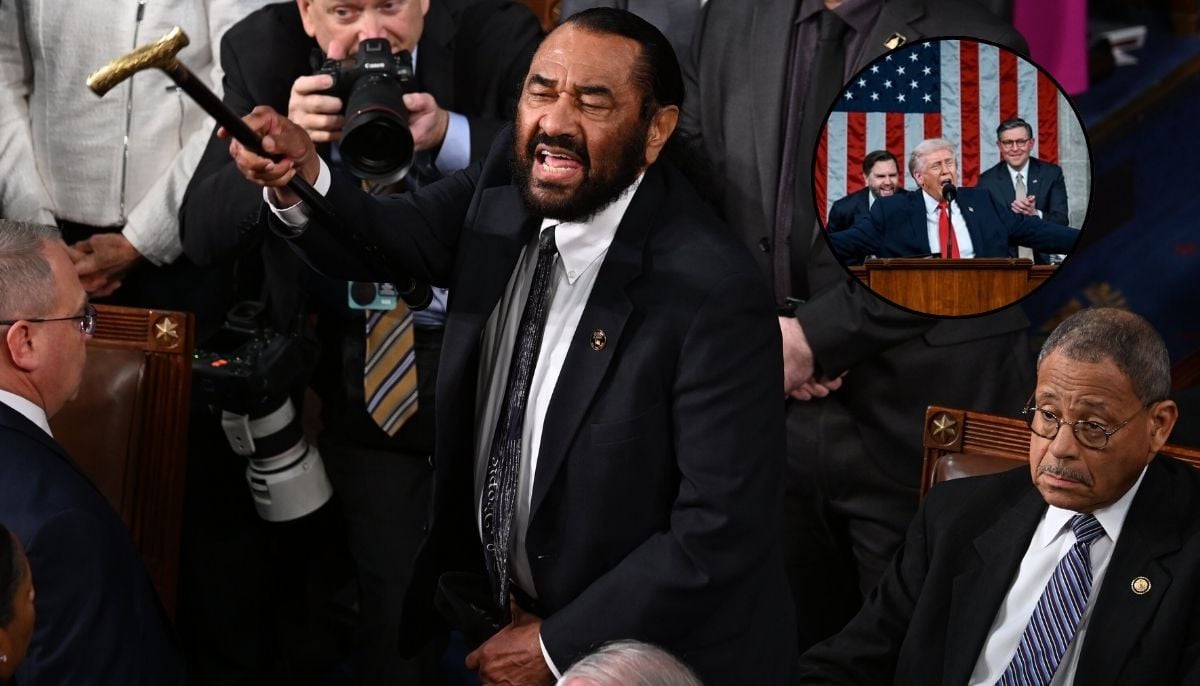Japanese island near Russia has disappeared, without anyone noticing
Esanbe is one of 158 uninhabited islands that were given names by the Japanese government in 2014 in an effort to clarify its territorial reach and extend its exclusive economic zone (EEZ). Esanbe Hanakita Kojima lies west of the Northern Territories, which are at the centre of a long-running dispute between Japan and Russia, where they are known as the Kurils. The islands were seized from Japan by Soviet forces days after the end of the Pacific War.
The uninhabited islet, named Esanbe Hanakita Kojima, near Japan’s maritime border with Russia off its north-east coast “disappeared” and believed to have been eroded by wind and drift ice.
Esanbe is one of 158 uninhabited islands that were given names by the Japanese government in 2014 in an effort to clarify its territorial reach and extend its exclusive economic zone (EEZ). Esanbe Hanakita Kojima lies west of the Northern Territories, which are at the centre of a long-running dispute between Japan and Russia, where they are known as the Kurils. The islands were seized from Japan by Soviet forces days after the end of the Pacific War.
Under international laws, islands can be designated as such only if they can be seen above the sea surface even in high tides.
The disappearance of the island could have territorial implications for the country, according to the Japanese news outlet the Asahi Shinbun.
The author Hiroshi Shimizu visited Sarufutsu to write a sequel to his picture book on Japan’s “hidden” islands and alerted the locals about the possible disappearance of the islet in September. However, he could not find the islet, so he made inquiries to the Sarufutsu village fishery cooperative association.
Older fishermen told the Asahi they recalled seeing the island decades ago but later avoided the area because navigation systems recorded it as an undersea reef.
Japan isn’t the only country to have lost an island recently. A piece of the United States was wiped off the map after East Island, a remote spit in Hawaii, was washed away by Hurricane Walaka last month.
-
Four people killed in stabbing rampage at Washington home
-
Jack Hughes's proximity to Trump angers Tate McRae fans
-
Nobel-winning scientist resigns from Columbia university after Epstein links revealed
-
At least 30 dead after heavy rains hit southeastern Brazil, 39 missing
-
Japan plans missile deployment near Taiwan by 2031 amid growing regional tensions
-
Trump delivers longest State of Union address in history: Inside key details on economy, security and global strategy
-
Trump’s 2026 State of Union address: Inside key takeaways, major policy shifts & top announcements
-
Rep. Al Green removed from House chamber during Trump’s State of Union address: Here’s what happened
